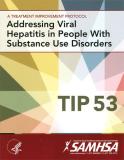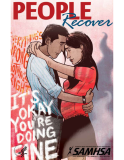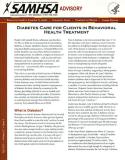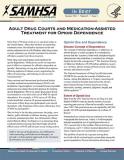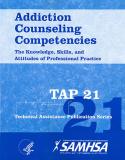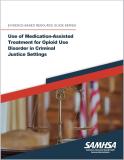
This guide focuses on using medication-assisted treatment for opioid use disorder in jails and prisons and during the reentry process when justice -involved persons return to the community. It provides an overview of policies and evidence-based practices that reduce the risk of overdose and relapse.
Units per Product
Download
Use of Medication-Assisted Treatment for Opioid Use Disorder in Criminal Justice Settings
File Type: PDF
File Size: 5.48 MB


